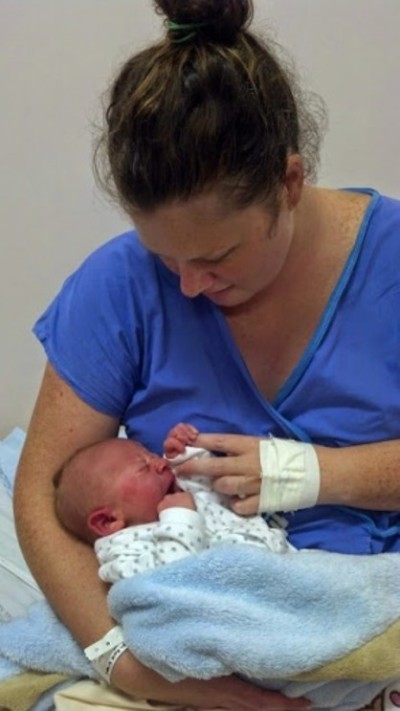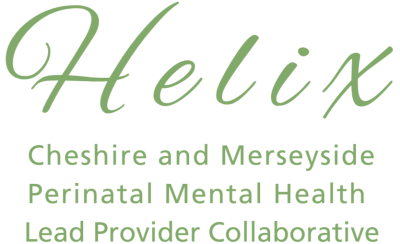I had never experienced significant mental health challenges before, so when postpartum psychosis entered my life, it felt like it came out of nowhere - as it does for around 50% of the women who face it.

I experienced terrifying hallucinations and delusions - I believed my baby had died, that I was being watched through hidden cameras to check if I was a "good enough" mother. At one point, I even believed my baby was the devil. Another time, I truly felt I was dying, walking into the light.
In the depths of that nightmare – I found hope.
Through research, I discovered I was experiencing postpartum psychosis. I reached out to the amazing APP (Action on Postpartum Psychosis) and was met with warmth, understanding, and support from other mothers who had walked this same path. Finding them was my lifeline - proof that I wasn’t alone, and that recovery was possible.
That experience, as harrowing as it was, inspired me to support others. I didn’t want any other woman or family to suffer in silence. I eventually became a peer support worker, using my story to bring light to others still navigating the shadows. Today, I continue to advocate, support, and raise awareness - because the more we talk about perinatal mental health, the more we break down stigma, and the faster recovery can begin.

Ask for help - there is no shame in it. Bringing life into the world is one of the most physically, emotionally, and hormonally intense things we go through. What you're feeling is temporary. And you will get through it.
There is hope. You will recover. And there is a community of support waiting to help.
